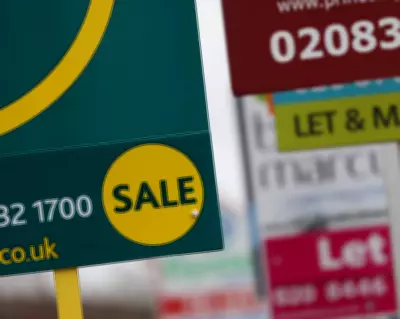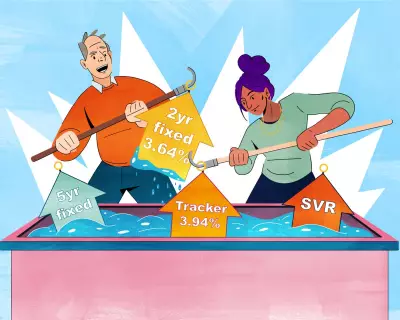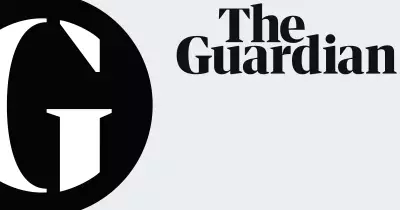
Millions of Britons using popular 'buy now, pay later' services could be unknowingly sabotaging their chances of getting a mortgage, according to exclusive industry insights.
The Invisible Debt Problem
While BNPL arrangements might feel like harmless shopping tools, mortgage lenders are increasingly viewing them as red flags. These short-term credit agreements, used by nearly 14 million UK adults, often don't appear on traditional credit reports but are coming under intense scrutiny during mortgage assessments.
Why Lenders Are Worried
Financial experts reveal that multiple BNPL transactions can signal to lenders that applicants are living beyond their means. "It's not about the individual purchases," explains one mortgage advisor. "It's the pattern of behaviour that concerns us. Regular reliance on deferred payments suggests potential financial stress."
The Affordability Assessment Crackdown
Under current regulations, lenders must conduct thorough affordability checks. They're now digging deeper into bank statements, where BNPL transactions are clearly visible. Even if you always pay on time, the mere presence of multiple agreements can:
- Reduce your maximum borrowing amount
- Trigger additional questioning about spending habits
- Delay application processing
- In some cases, lead to outright rejection
What Homebuyers Need to Know
Industry professionals advise prospective buyers to clean up their BNPL activity several months before applying for a mortgage. "Think of it as financial spring cleaning," suggests a leading broker. "Lenders want to see stability and control over your finances, not a reliance on short-term credit for everyday purchases."
The message is clear: that innocent-looking fashion purchase or tech gadget bought through BNPL could have far-reaching consequences for your property aspirations.





